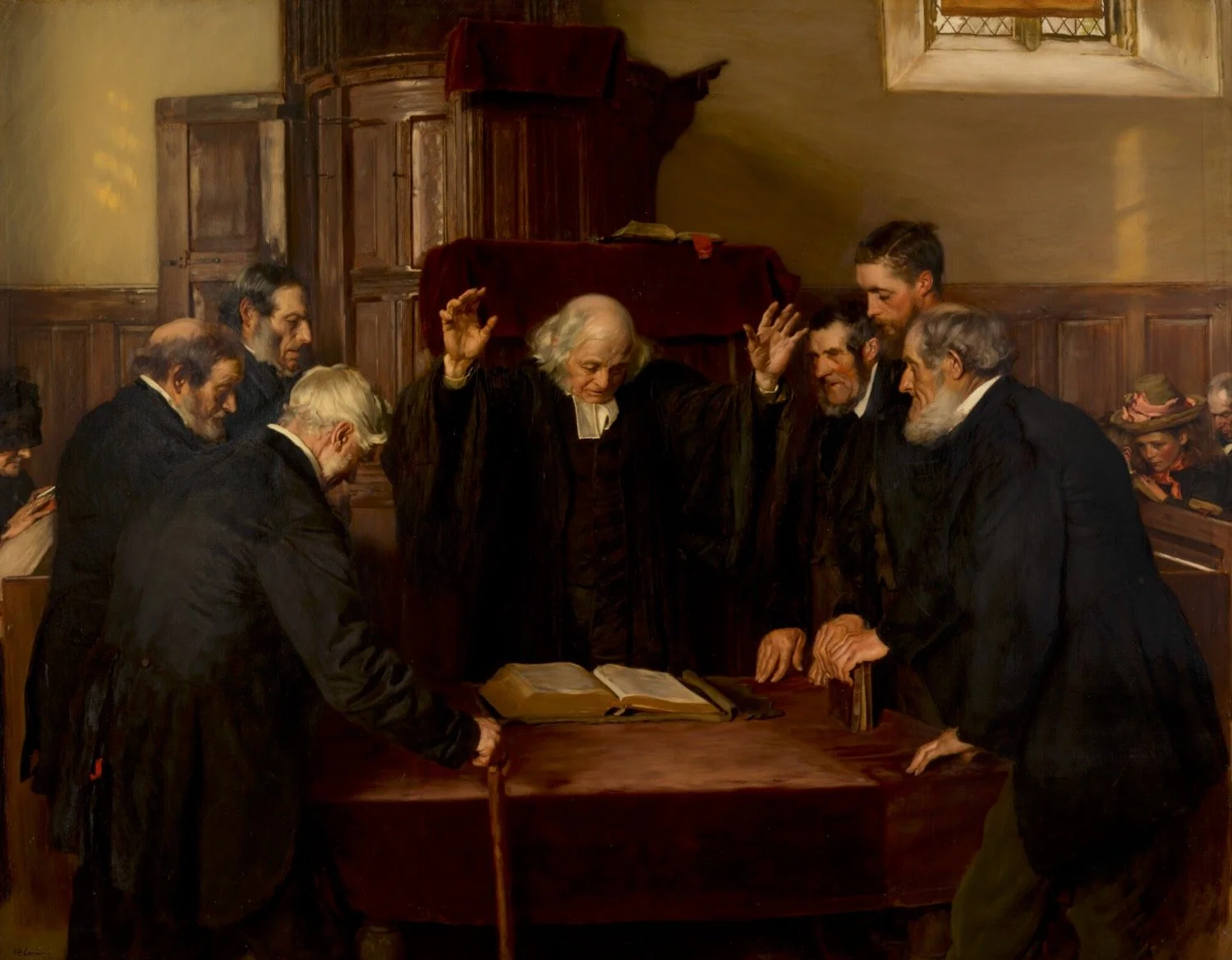Readings for today: Exodus 14-18
I am not a big fan of whining. Ask my children and they will tell you that one of the things that really spun me up as a dad was when they whined. I am not sure why it is such a hot button for me. Perhaps it was how I was raised. Perhaps it’s because of how hard I’ve had to work my whole life. Perhaps it’s because whining and complaining is just not something I tend to do. It’s such a tender spot for me that every time I read Exodus, I find myself getting a little frustrated, even angry, with God’s people. They seem to complain all the time!
“Is it because there are no graves in Egypt that you have taken us away to die in the desert? What in the world have you done to us by bringing us out of Egypt? Isn’t this what we told you in Egypt, ‘Leave us alone so that we can serve the Egyptians, because it is better for us to serve the Egyptians than to die in the desert!” (Exodus 14:11-12 NET)
“So the people murmured against Moses, saying, “What can we drink?”(Exodus 15:24 NET)
“The entire company of Israelites murmured against Moses and Aaron in the desert. The Israelites said to them, “If only we had died by the hand of the Lord in the land of Egypt, when we sat by the pots of meat, when we ate bread to the full, for you have brought us out into this desert to kill this whole assembly with hunger!” (Exodus 16:2-3 NET)
These are the same people who literally watched God part the Red Sea! Literally watched God fight for them against the Egyptians! Literally watched God rain manna and quail down from heaven! Literally watched God bring water from a rock! How can they not believe?
Recently, God gave me new insight. As I read, I find myself paying particular attention to how God responds. I am definitely more like Moses. I get frustrated. Angry. Upset. The whining and complaining gets on my nerves. But then I look at how God responds.
“The Lord said to Moses, “Why do you cry out to me? Tell the Israelites to move on. And as for you, lift up your staff and extend your hand toward the sea and divide it, so that the Israelites may go through the middle of the sea on dry ground. And as for me, I am going to harden the hearts of the Egyptians so that they will come after them, that I may be honored because of Pharaoh and his army and his chariots and his horsemen. And the Egyptians will know that I am the Lord when I have gained my honor because of Pharaoh, his chariots, and his horsemen….So the Lord saved Israel on that day from the power of the Egyptians, and Israel saw the Egyptians dead on the shore of the sea. When Israel saw the great power that the Lord had exercised over the Egyptians, they feared the Lord, and they believed in the Lord and in his servant Moses.” (Exodus 14:15-18, 30-31 NET)
“He cried out to the Lord, and the Lord showed him a tree. When Moses threw it into the water, the water became safe to drink. There the Lord made for them a binding ordinance, and there he tested them. He said, “If you will diligently obey the Lord your God, and do what is right in his sight, and pay attention to his commandments, and keep all his statutes, then all the diseases that I brought on the Egyptians I will not bring on you, for I, the Lord, am your healer.” (Exodus 15:25-26 NET)
“Then the Lord said to Moses, “I am going to rain bread from heaven for you, and the people will go out and gather the amount for each day, so that I may test them. Will they walk in my law or not?…And the Lord spoke to Moses: “I have heard the murmurings of the Israelites. Tell them, ‘During the evening you will eat meat, and in the morning you will be satisfied with bread, so that you may know that I am the Lord your God.’” (Exodus 16:4, 11-12 NET)
It really is remarkable when you stop to think about it. God meeting the needs of His people over and over again. And while it’s extremely difficult to discern the tone of God’s voice as He speaks, I imagine it is sometimes tender. Sometimes stern. Sometimes there’s probably an edge to it and other times God is deeply compassionate. The point of it all is that these are the actions of a loving Father who is raising up His children to know Him and love Him and serve Him in this world. God is forming a family. He is teaching them to trust Him. To lean on Him. To believe in Him. He gives them tests along the way so they can learn about the great faithfulness of God for themselves. Deliverance through the Red Sea. Egyptians and Amalekites destroyed. Manna every day. Quail every night. Water from rocks. Purified water from a bitter spring. This is how God is raises His children. Even to this day.
So back to whining. If I’m honest, I’m a whiner as well. I do complain a lot. Deep down in my heart, I struggle all the time with frustrations and fears. Failures and uncertainty. I have longings that go unfulfilled. I have needs that go unmet. I often feel like I deserve more. Like I’m entitled because of all the hard work I’ve put in. All these emotions lie below the surface if I am totally transparent and how does God respond? He puts me to the test. He places me in situations where I have no choice but to cry out to Him. Why? Because He’s teaching me every single day what it means to be His child. To grow into His likeness and image. To become the man He’s created and called me to be.
Readings for tomorrow: Exodus 19-21




